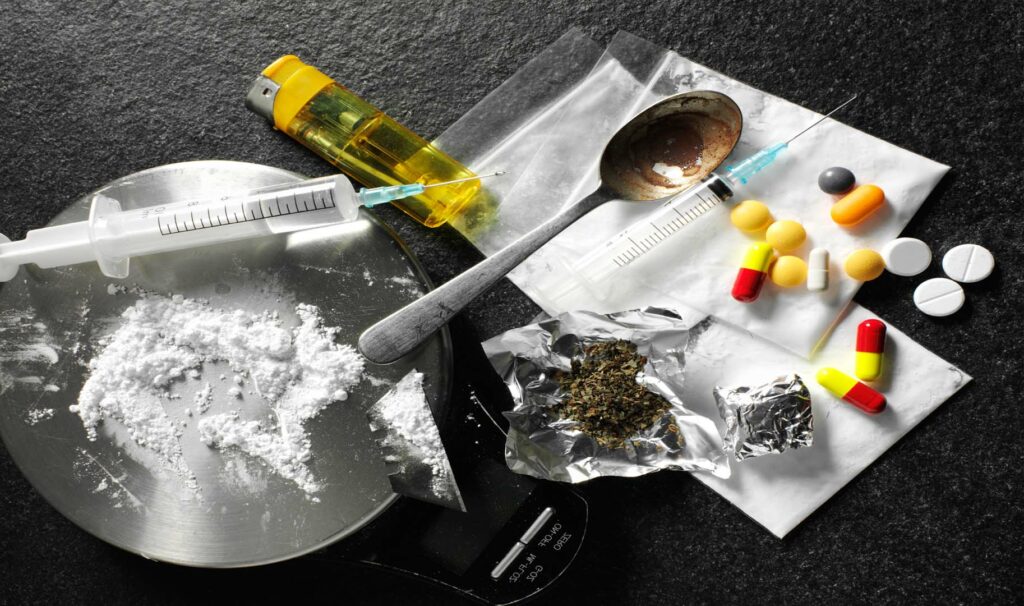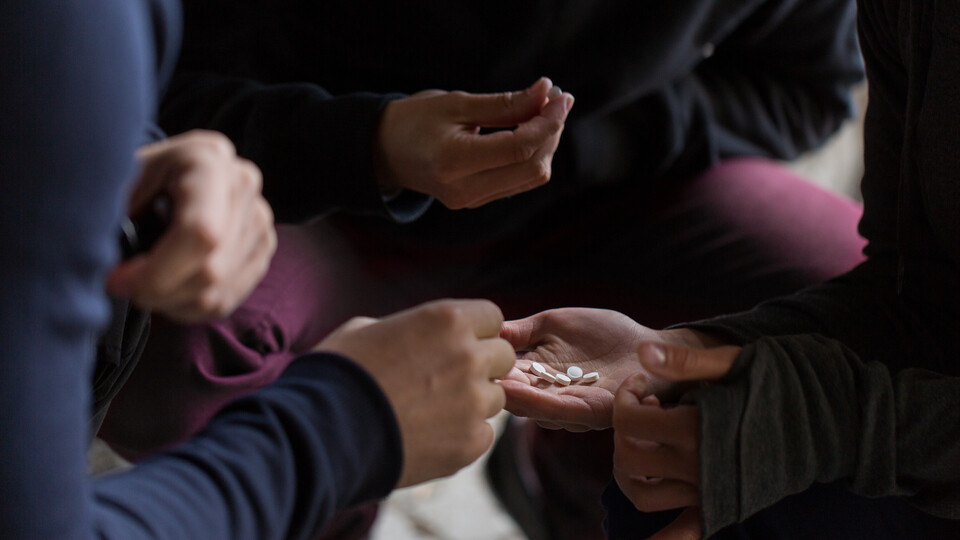- (592)226-0431


A drug is any substance that, when taken or administered into the body, has a physiological effect.
A psychoactive or psychotropic drug affects mental processes and can influence a person’s mood, behaviour, cognition, and perception.
The impact of a substance can differ among individuals. How a drug affects an individual can vary depending on their health, size, weight, and tolerance, as well as the presence of other drugs concurrently in their system.
The quantity consumed will also influence the outcomes. Since illicit substances are unregulated and differ in quality and potency from batch to batch, determining the precise quantity consumed can be challenging.
People may use drugs to get high and improve their mood, or to engage in social activities and connect with other drug users. Curiosity and the urge to explore may also drive people to take drugs.
Additionally, drug use can be a coping method for people living with physical or psychological pain and trauma. Drugs can momentarily relieve pain, numb emotions, and provide an escape from reality. It is crucial to highlight that, while drug use may initially function as a coping mechanism, it can also exacerbate existing issues and cause extra physical and psychological harm.
Some people may merely use drugs for fun and recreational purposes. They may use drugs in social situations or to enhance events like parties or festivals.
These criteria may not apply to every individual, and drug usage motivations might differ substantially from one another.
People use drugs for the benefits (perceived and/or experienced), not for the potential harm.
Many Guyanese engage in regular use of at least one psychoactive substance, including alcoholic beverages, tobacco use, and illicit drugs. Every drug possesses the capacity to inflict injury. With increased usage, the potential for damage also escalates.

People can take drugs in one or more categories, and one stage does not always lead to another. Some of the different categories of drug use are:

Discussing alcohol and drugs with family and friends allows you to understand more about the many sorts of substances and their effects on individuals and society. It’s an opportunity to discuss potential dangers and drug-related harm reduction strategies. It can also shape attitudes and boundaries around drug usage.